
Paradoxes of Prosperity
Why the New Capitalism Benefits All
Recommendation
Diane Coyle, a consultant and columnist, presents an in-depth and optimistic look at modern capitalism. Dubbing our current age a transitional period, she predicts that the result of our recent bout of high-tech fueled economic growth will be even more growth and a better society. Coyle refers to historical parallels and many texts to make her case that technology has transformed society in significant ways that even experts are only beginning to understand. getAbstract.com recommends this compelling and authoritative book to executives and managers, and to serious readers and academics, all of whom will enjoy the way it makes sense of today’s contradictory financial and social developments.
Summary
About the Author
Diane Coyle, a consultant and columnist, specializes in business, technology and global economics. After getting her Ph.D. from Harvard, she spent a year at the U.S. Treasury and then worked in the private sector. As the Economics Editor for The Independent for eight years, she won the prestigious Wincott Award as a Senior Financial Journalist in 2000. She is Managing Director of Enlightenment Economics, a consultancy, and a Visiting Research Fellow at the London School of Economics’ Center for Economic Performance. Her two other books are The Weightless World and Governing the World Economy.








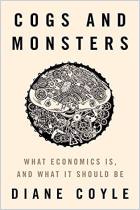
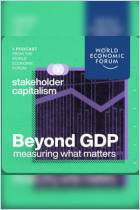

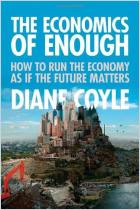
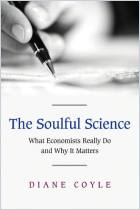
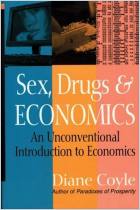
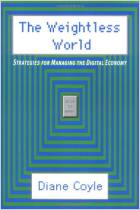
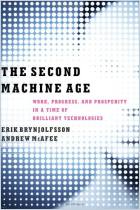
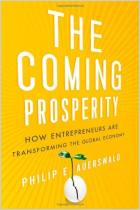
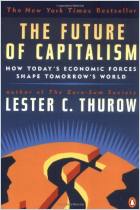
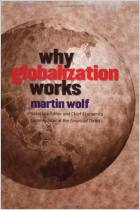


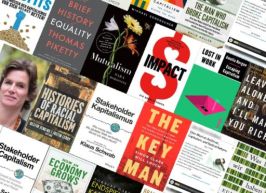





Comment on this summary or Comenzar discusión